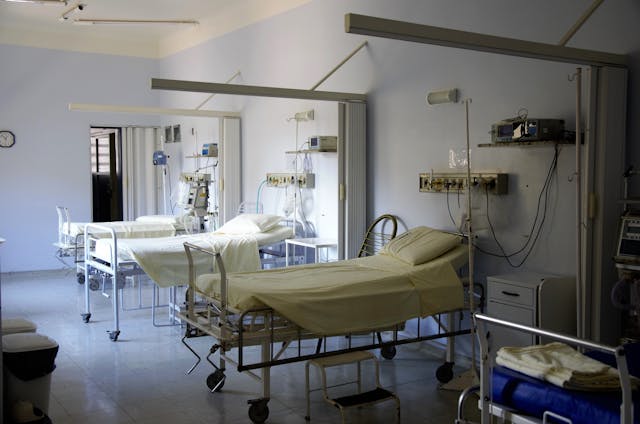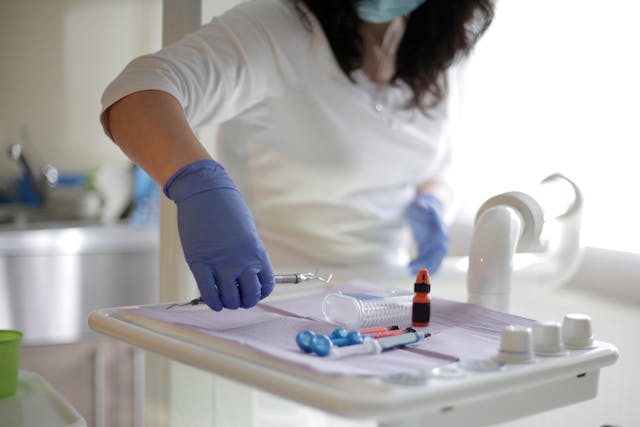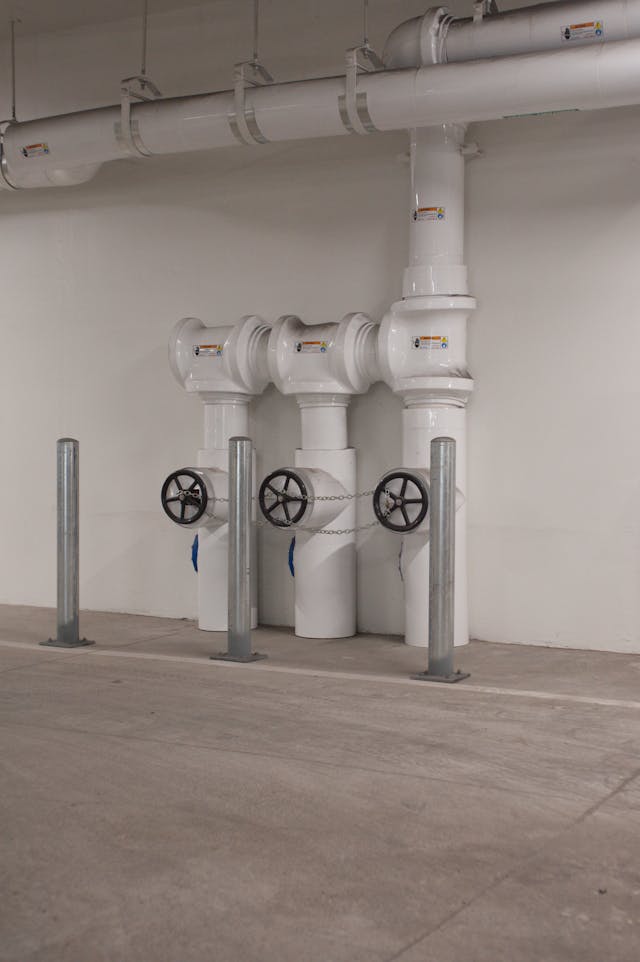
Disclaimer: This website provides health information for educational purposes only and is not a substitute for professional medical advice, diagnosis, or treatment. Always seek the guidance of a qualified healthcare provider with any questions you may have.
- Health clinics prioritize sterility to ensure patient and staff safety.
- Rigorous cleaning protocols involve disinfection and instrument sterilization.
- Healthcare providers adhere to strict hygiene practices, including handwashing and PPE use.
- Barrier precautions, such as disposable supplies and isolation measures, prevent contamination.
- HVAC and water systems undergo maintenance to uphold sterile conditions in clinics.
In healthcare, maintaining a sterile environment is paramount to ensuring the safety and well-being of patients and staff alike. Health clinics, in particular, are spaces where individuals come seeking treatment and healing, making it essential for these environments to be as free from contaminants as possible. From preventing the spread of infections to upholding regulatory standards, the importance of sterility cannot be overstated. In this article, we’ll explore five key strategies that health clinics employ to uphold a sterile environment, safeguarding the health of all who enter their doors.
Rigorous Cleaning Protocols
Keeping health clinics clean goes beyond the routine wiping down of surfaces. Rigorous cleaning protocols are essential to maintaining a sterile environment. This includes:
Regular Disinfection:
Health clinics adhere to strict schedules for disinfecting surfaces and equipment. High-touch areas such as doorknobs, countertops, and examination tables are sanitized frequently using hospital-grade disinfectants.
Sterile Instrument Handling:
Proper handling and sterilization of medical instruments are crucial in preventing the spread of infections. Health clinics employ autoclaves and other sterilization techniques to ensure that all instruments used during procedures are free from harmful microorganisms.
Environmental Monitoring:
Continuous monitoring of environmental conditions helps clinics identify areas that may be prone to contamination. By regularly assessing air quality and surface cleanliness, clinics can proactively address potential risks to maintain a sterile environment.
Strict Adherence to Hygiene Practices
Healthcare providers play a vital role in preventing the spread of infections by adhering to strict hygiene practices. This includes:
Hand Hygiene:
Handwashing is one of the most effective ways to prevent the transmission of pathogens. Healthcare staff are trained to follow proper hand hygiene protocols, including washing hands with soap and water or using alcohol-based hand sanitizers before and after patient contact.
Personal Protective Equipment (PPE) Use:

Wearing appropriate PPE, such as gloves, masks, and gowns, helps reduce the risk of contamination during patient care activities. Health clinics ensure that staff have access to and are trained in the proper use of PPE to maintain a sterile environment.
Implementation of Barrier Precautions
Barrier precautions serve as an additional layer of protection against the spread of infections in health clinics. Key measures include:
Use of Disposable Supplies:
Disposable supplies, such as gloves, gauze, and syringes, help minimize the risk of cross-contamination between patients. Health clinics stock ample quantities of disposable items and encourage their single-use to prevent the spread of pathogens.
Isolation Precautions:
In cases where patients are known or suspected to have contagious illnesses, health clinics implement isolation precautions to prevent the spread of infection to others. This may involve isolating patients in dedicated rooms and requiring healthcare providers to wear additional PPE.
Maintenance of HVAC Systems
Heating, ventilation, and air conditioning (HVAC) systems play a crucial role in maintaining a sterile environment within health clinics. Key practices include:
Filtration Systems:
Health clinics invest in high-efficiency particulate air (HEPA) filters and other advanced filtration systems to remove airborne contaminants, including bacteria and viruses, from the air. Regular maintenance and replacement of filters are essential to ensure optimal performance.
Airflow Management:
Proper airflow management helps prevent the recirculation of contaminated air within health clinic facilities. By maintaining positive pressure in sterile areas and negative pressure in isolation rooms, clinics can minimize the risk of airborne transmission of pathogens.
Utilization of Reliable Water Systems
Water quality is critical in healthcare settings, particularly for procedures that require sterile water for irrigation, cleaning, and patient care. Health clinics ensure the integrity of their water supply through:
Water Purification Systems:

Reliable high-purity water systems, such as reverse osmosis and distillation units, are employed to remove impurities and microorganisms from the water supply. Regular testing and maintenance of these systems are conducted to uphold water quality standards.
Maintaining a sterile environment in health clinics is essential for protecting the health and safety of patients and healthcare providers alike. By implementing rigorous cleaning protocols, adhering to strict hygiene practices, employing barrier precautions, and ensuring the integrity of HVAC and water systems, clinics can minimize the risk of infections and promote optimal patient outcomes. As the healthcare landscape continues to evolve, clinics must remain vigilant in their efforts to maintain a sterile environment and prioritize patient safety above all else.